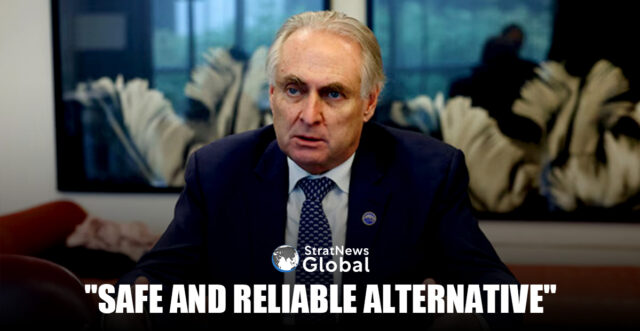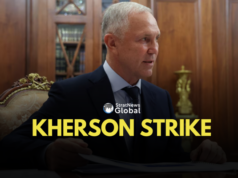Australia provides a reliable alternative source for critical minerals essential to industry, Trade Minister Don Farrell said on Thursday, amid growing concerns over China’s sector dominance.
China‘s decision in April to suspend exports of a wide range of rare earths and related magnets crucial to sectors ranging from automakers to aerospace and defence was widely seen as Beijing using that dominance for leverage in its trade war with the Trump administration.
Australia: New Alternative?
While China is a top global producer of 30 of the 50 minerals considered critical by the U.S. Geological Survey, Australia has some of the largest critical minerals deposits.
“We think we can be a safe and reliable supplier in the supply chain for critical minerals around the world,” Farrell told Reuters in an interview.
But Australia does not want to just “dig and ship” the minerals and aims to process them as well, although that would require capital from outside, such as the European Union, the United States, Japan, South Korea, Singapore and India, he said.
The EU and Australia signed a partnership agreement last year to develop critical materials along the supply chain, ranging from extraction to refining and processing leftover waste.
Farrell said critical minerals could end up in a free trade agreement with the EU that Australia and the bloc are trying to revive after talks broke down in 2023, mainly over agriculture.
Trade Negotiations
Australia has sent top trade officials to Brussels this week to nail down the next steps forward as both sides seek access to alternative markets, as the Trump administration aggressively builds tariff barriers to its trade partners.
“I think there is now impetus on both sides to look at another crack at the agreement,” Farrell said in Paris, where he met EU Trade Commissioner Maros Sefcovic on the sidelines of a meeting at the Organisation for Economic Cooperation and Development.
Farrell also met U.S. Trade Representative Jamieson Greer at the OECD and told him Australia wanted the Trump administration to remove its 10% baseline tariffs and 50% tariffs on aluminium and steel.
The United States, which has had a free trade agreement with Australia for two decades, ran a $17.9 billion trade surplus with the country last year, according to Greer’s office.
(With inputs from Reuters)





